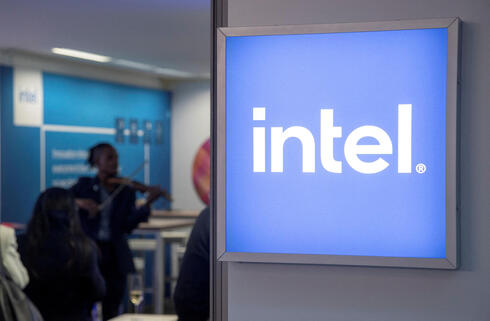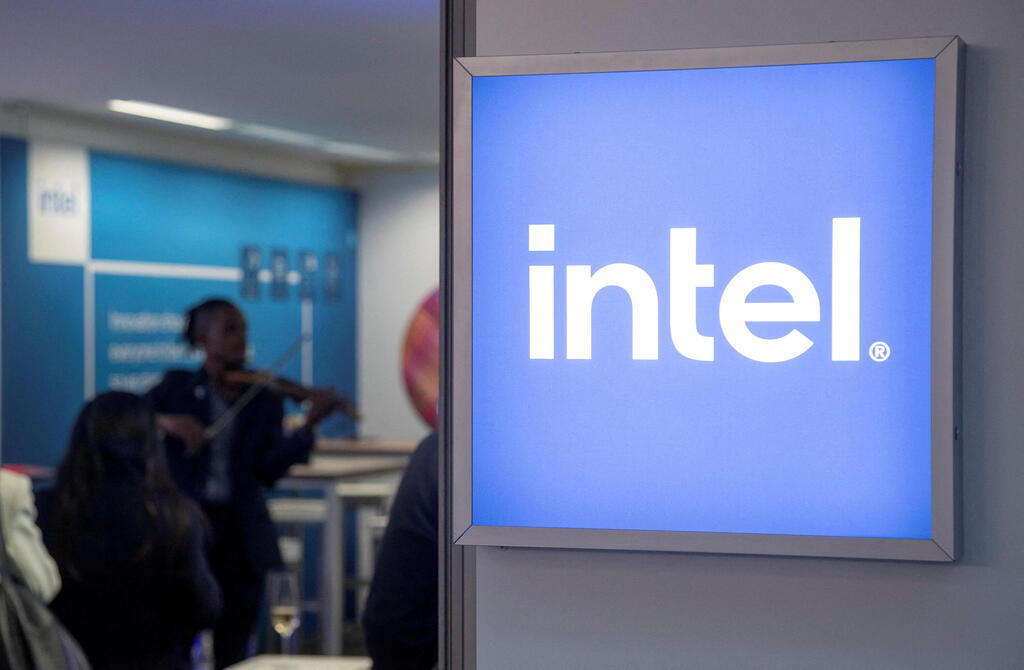
Intel considering selling off networking business in strategic overhaul
According to Reuters, the unit, which brought in $5.8 billion in 2024, no longer aligns with CEO Lip-Bu Tan’s back-to-core strategy.
Intel is weighing a divestiture of its Network and Edge (NEX) business, according to Reuters. A potential breakup would mark the most consequential move yet under new CEO Lip-Bu Tan.
The deliberations reflect a sharp pivot in strategy for the chipmaker as it fights to regain relevance in a semiconductor industry now dominated by rivals like Nvidia, TSMC, and Broadcom. Intel has not yet formally launched a sale process or hired a banker, Reuters said, but the company has held preliminary talks with outside parties and interviewed investment advisors in recent weeks.
Internally, the rationale is clear: NEX - originally carved out as a growth engine under former CEO Pat Gelsinger - no longer aligns with Tan’s plan to focus Intel on its historically dominant PC and data center businesses. “That’s something we’re going to expand and build on,” Tan told executives in Taipei on Monday, citing Intel’s 68% market share in PC chips and 55% in data center processors.
By contrast, Intel’s networking ambitions have run aground. The NEX group, which produces chips for telecom and edge infrastructure, has struggled to make headway in a market increasingly dominated by Broadcom. Two sources told Reuters the business is no longer seen as strategically relevant; one noted that its telecom-focused products are now viewed as a poor fit for Intel’s long-term direction.
While the company is still exploring options - including a partial sale or strategic partnership - any move to offload NEX would represent a major unwinding of Intel’s diversification efforts over the past five years. The group brought in $5.8 billion in 2024, according to filings, but was quietly folded into Intel’s data center and PC reporting segments earlier this year, a sign that it no longer merited standalone visibility.
Intel declined to comment.
The possible sale follows the company’s April decision to offload a majority stake in its Altera programmable chip business to Silver Lake for $4.46 billion, abandoning a previous IPO plan. That deal, and the reconsideration of NEX, suggest a broader pattern under Tan: monetize non-core assets, reinforce the x86 franchise, and restore Intel’s battered credibility with customers and investors.
In his first public remarks as CEO this week, Tan signaled that execution, not vision, will define his tenure. “I’m not a marketing person,” he said in Taipei. “The best way to recover Intel is execution, execution, execution.”
His internal messaging has been even more blunt. Tan has warned employees that if bad news reaches him through customers rather than through Intel’s own chain of command, “you will be in big trouble.” He has printed his personal cell number on his business cards and told engineers to reach out directly. “I have a culture of telling me the bad news first.”
Reuters contributed to this report.














